AARP Hearing Center
Angela Jasper, 75, embraces Robin Baxter, 63, one recent morning at the Washington, D.C., senior center where they meet a few times a month. “Good to see you,” says Jasper, a retired math and special education teacher in the city’s public school system, who has a voice soothing enough to lower anyone’s blood pressure.
“Good to see you, Miss Angela,” says Baxter, who sports a black shirt studded with the words “Faith. Sending all issues to Heaven" in sequins.
Jasper is Baxter’s “grandparent.” That’s her title as a volunteer with Friendship Bench DC, a program launched last summer as a pilot project by HelpAge USA, a Washington-based nonprofit devoted to empowering older adults in the U.S. and worldwide, and has begun gathering steam in the past few months.
Jasper is among a group of 10 older Washingtonians who serve as grandparents on the city’s Friendship Benches, which are located both inside and outdoors at host sites — social service organizations, schools, recreation centers and houses of worship — around the city. There, the grandparents listen to people (called “visitors”) share their feelings and discuss their problems, usually for about 45 minutes to an hour per session.

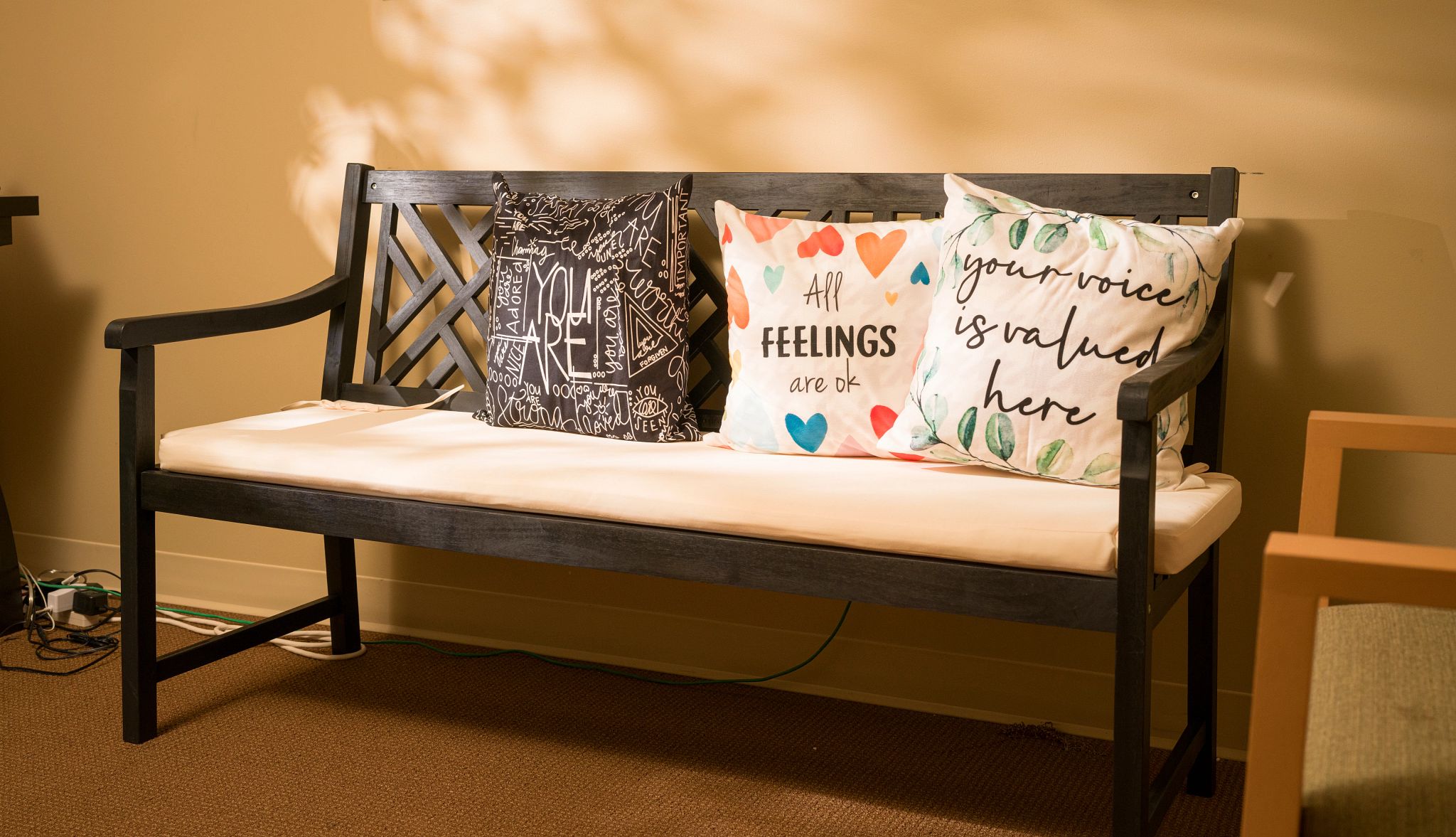
The grandparents aren’t therapists. They’re more like nonjudgmental, compassionate friends who’ll listen patiently, keep your secrets and ask questions that will make you think and, maybe, lead you toward positive changes.
Friendship Bench DC is modeled on the original Friendship Bench program in Zimbabwe, launched almost 20 years ago by Dixon Chibanda, one of fewer than 20 psychiatrists in a country of about 17 million, to broaden access to mental health care. The organization, now partnered with the government, has trained 3,000 grandmothers across Zimbabwe in the basics of cognitive behavioral therapy (including empathetic listening techniques). As in D.C., the sessions are free.
Why grandmothers? “They have this amazing ability to convey empathy, a lot more than grandfathers, a lot more than young people,” Chibanda said in a recent phone interview with AARP. (You can read his new book, The Friendship Bench: How Fourteen Grandmothers Inspired a Mental Health Revolution, for more on the program’s remarkable story.)
Many other organizations and individuals around the U.S. are eager to begin their own Friendship Bench programs, says Cindy Cox-Roman, president and CEO of HelpAge USA, who hopes to see it take root in other communities. She says a recent webinar about the success of Friendship Bench DC drew attendees from across the U.S. Some similar efforts have sprung up more casually, inspired by Friendship Bench Zimbabwe but without its involvement, such as Arizona State University's All Ears Friendship Bench Program. There, older adult volunteers sit on benches, next to a sign saying, "I'm All Ears! Talk to Me About Anything,” encouraging passersby to stop and chat.
Coming soon: Friendship Bench NOLA, housed within the school of social work at Southern University at New Orleans and readying for a soft launch in New Orleans in September. But it uses a different model than Zimbabwe’s and DC’s: The “grandparent” role is filled by “supporters” — community members of various ages “who are already doing healing work,” says Carol Bebelle, 75, who’s worked in community health for decades in the city and helped initiate the program with the Zimbabwe effort in mind. The first group of NOLA’s supporters, also trained by Friendship Bench in Zimbabwe, includes mental health counselors, a massage therapist and a nurse (the youngest is in her late 20s) who will begin meeting with people (“neighbors,” they’re called) in the Lower Ninth Ward next month.

































































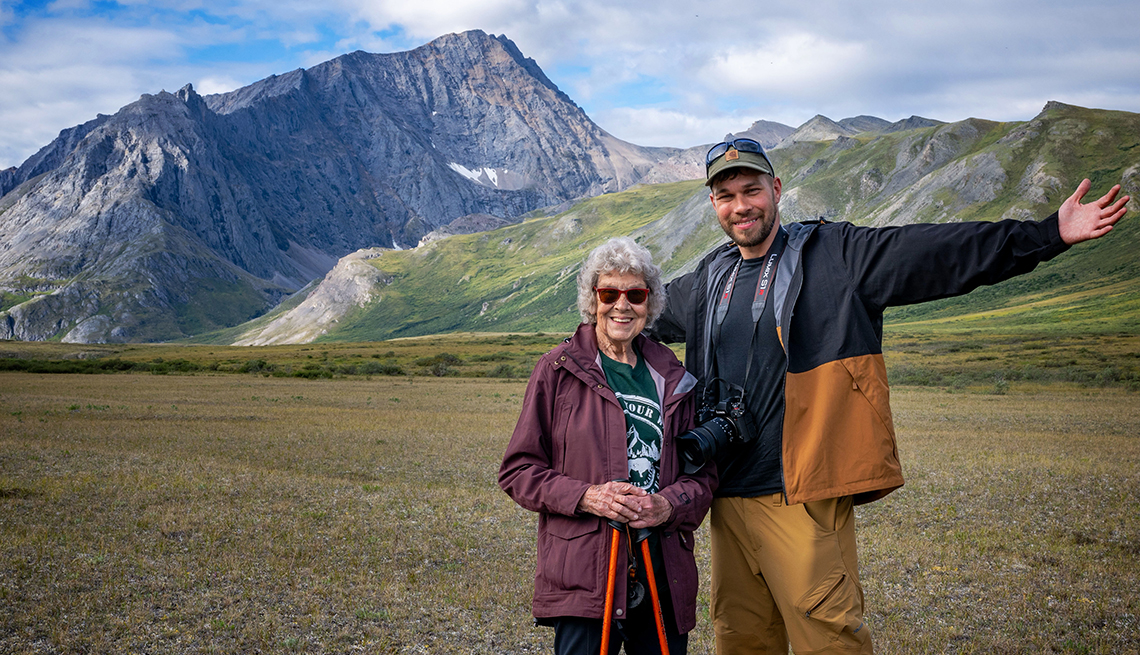
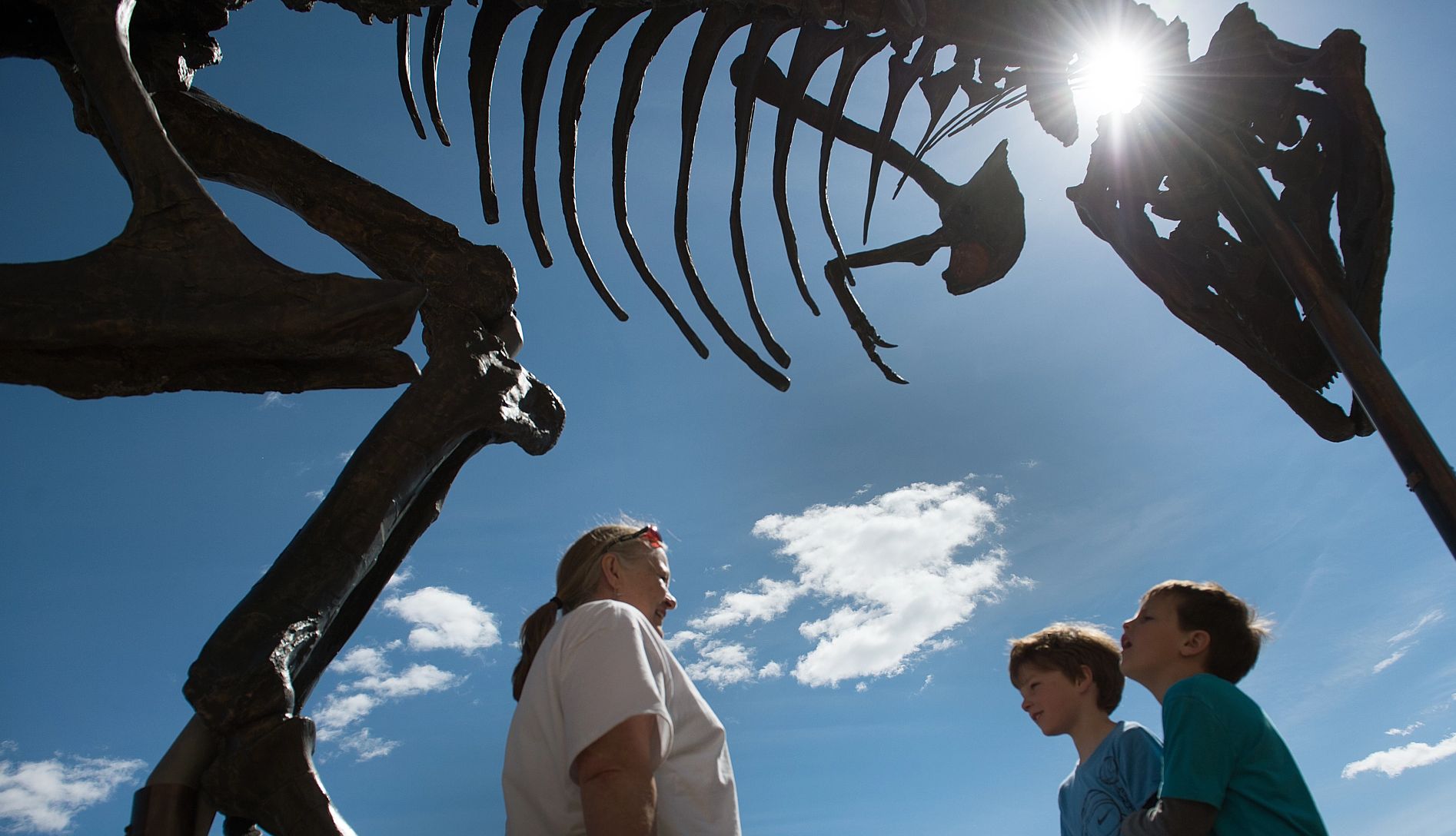
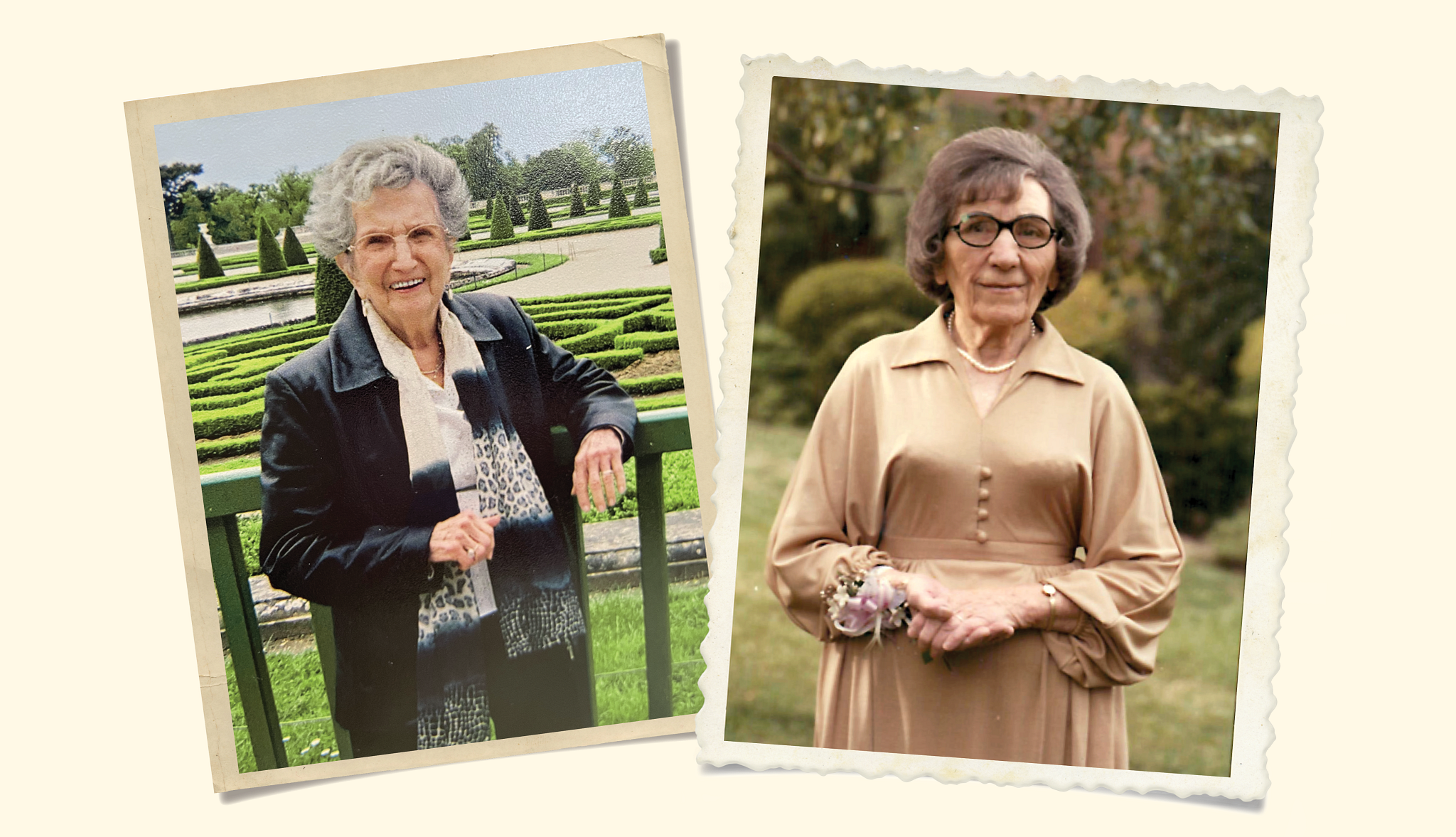
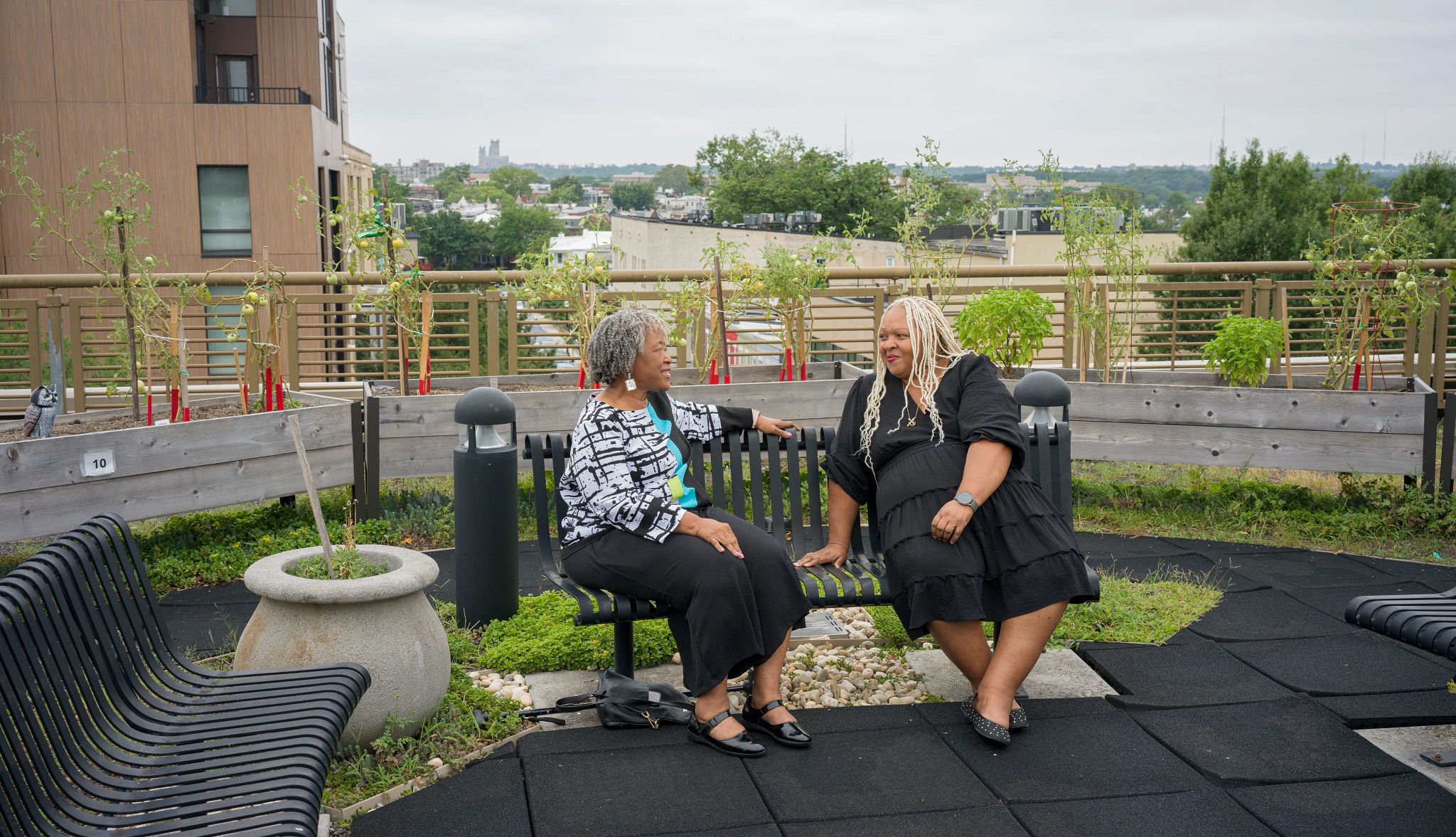
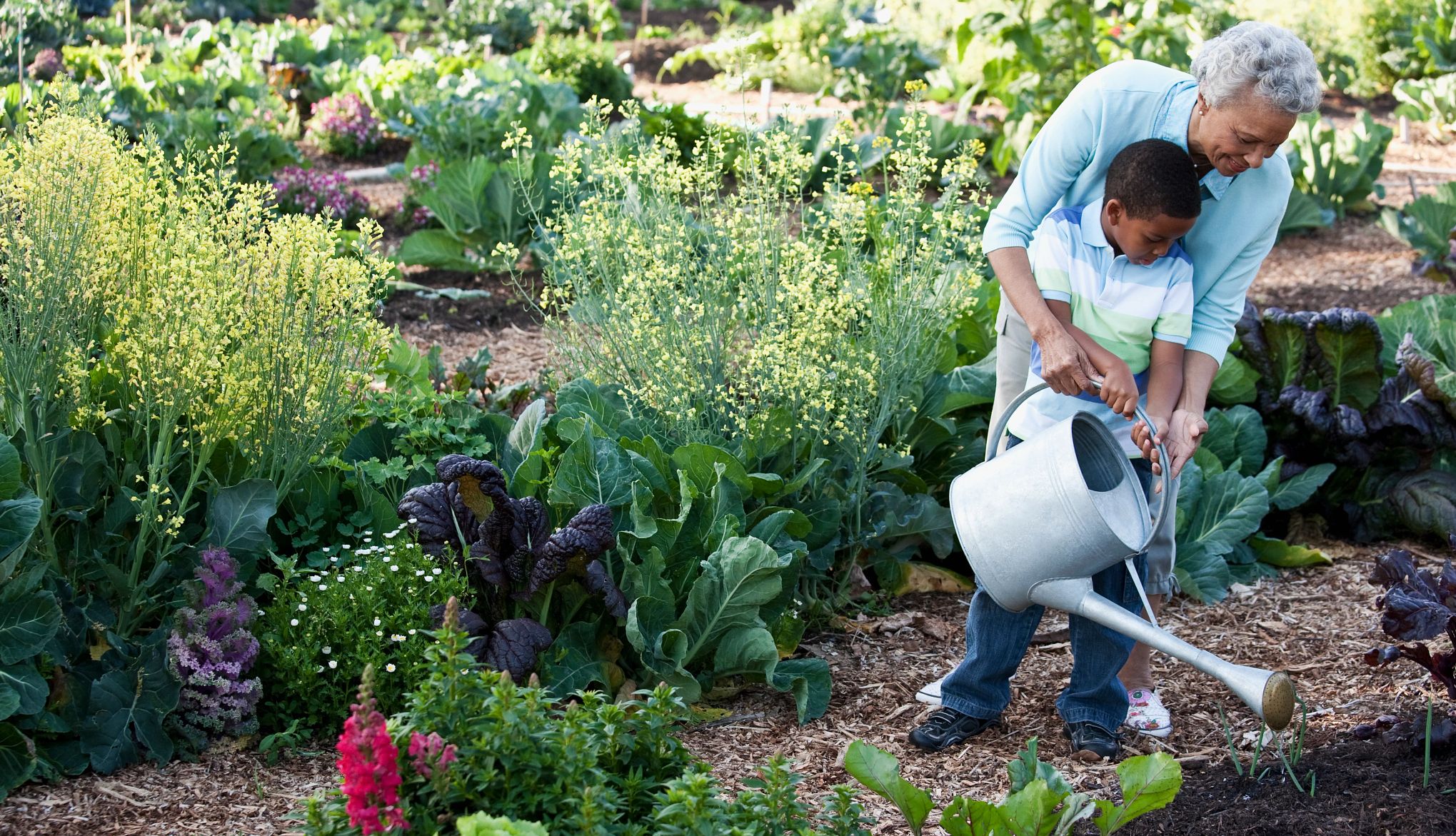
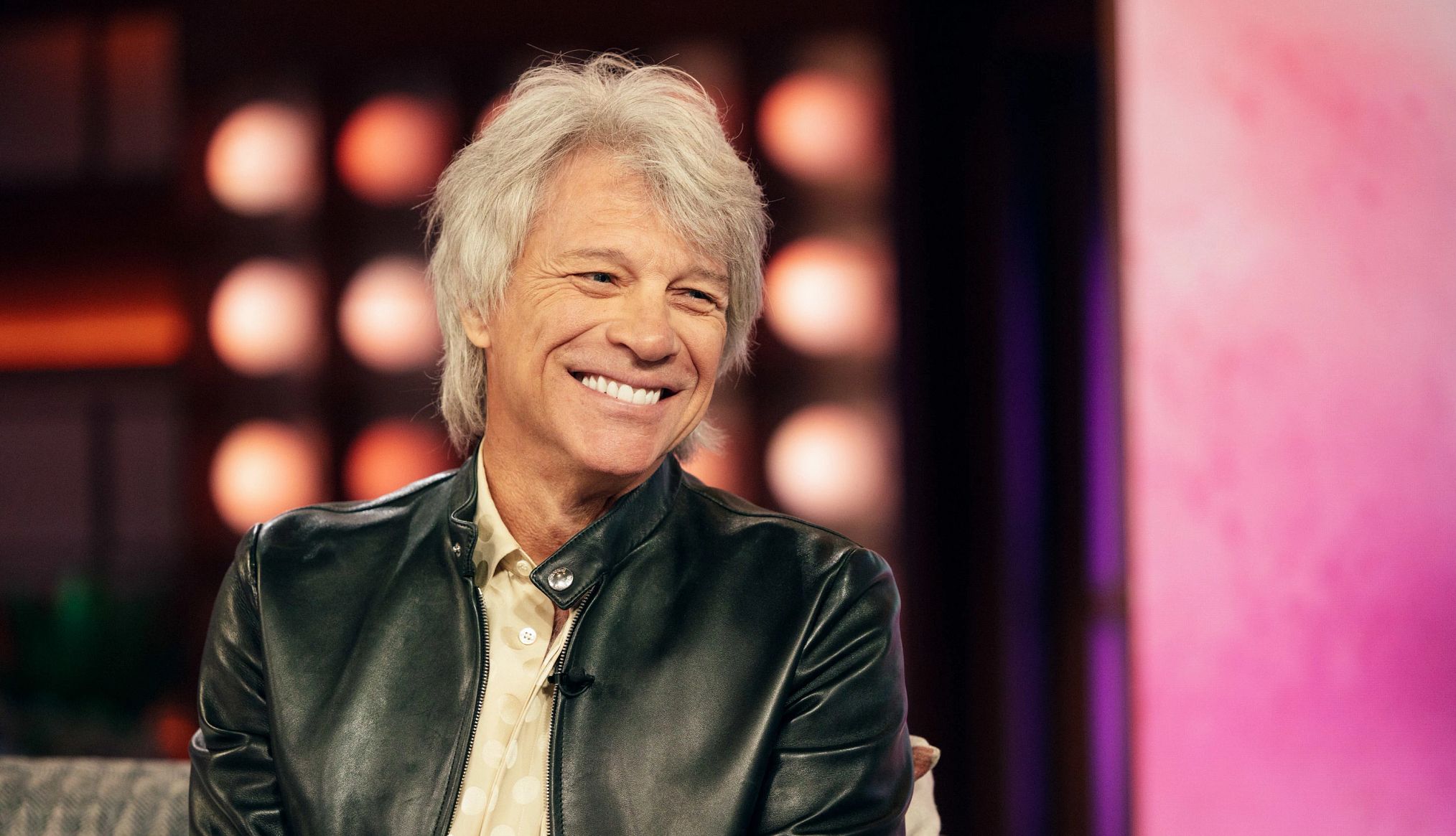



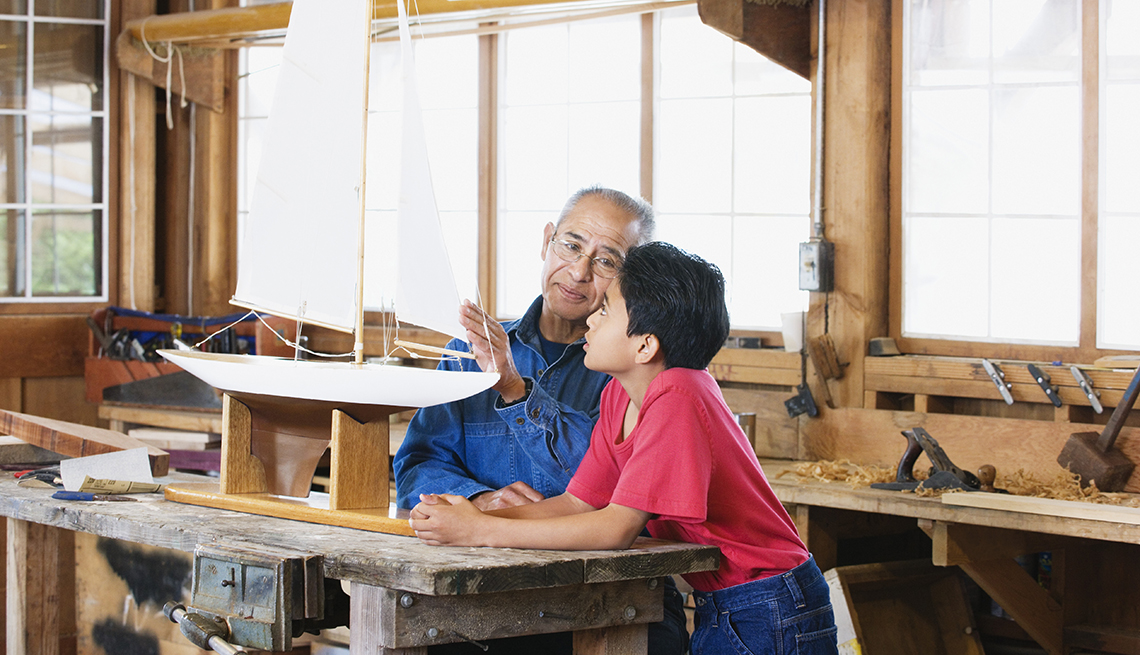
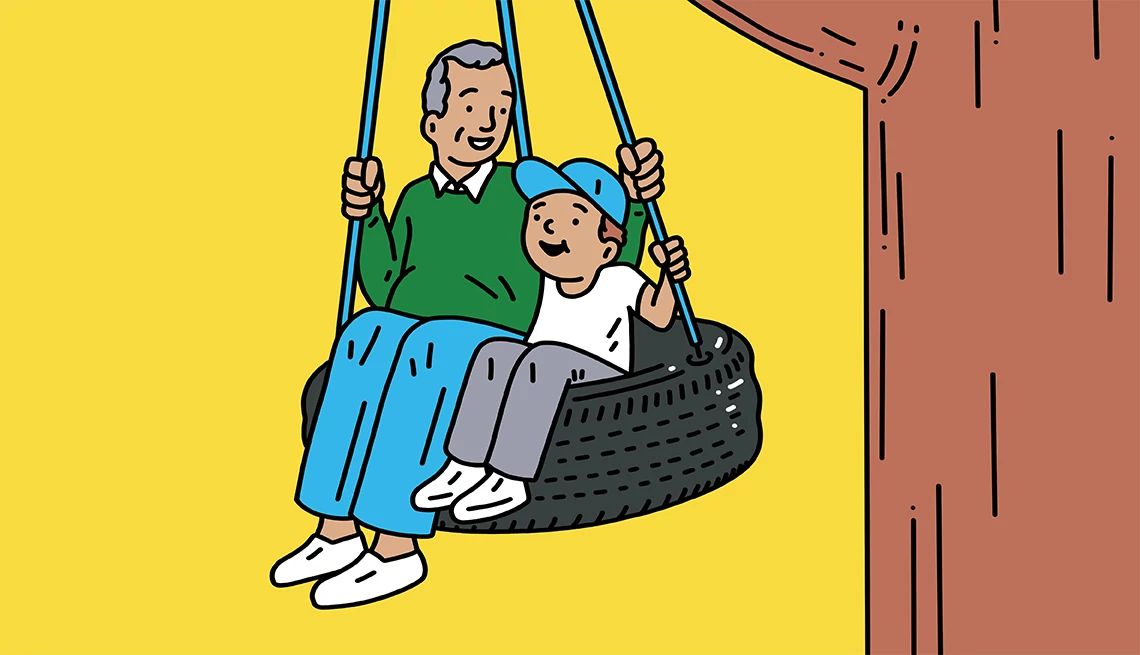
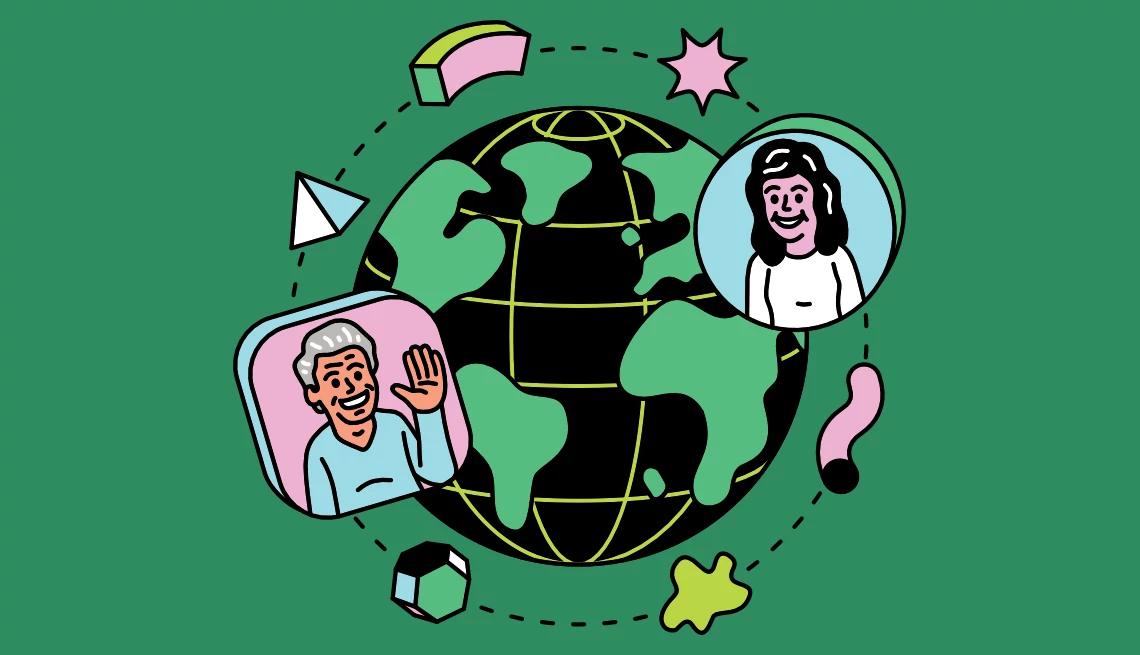
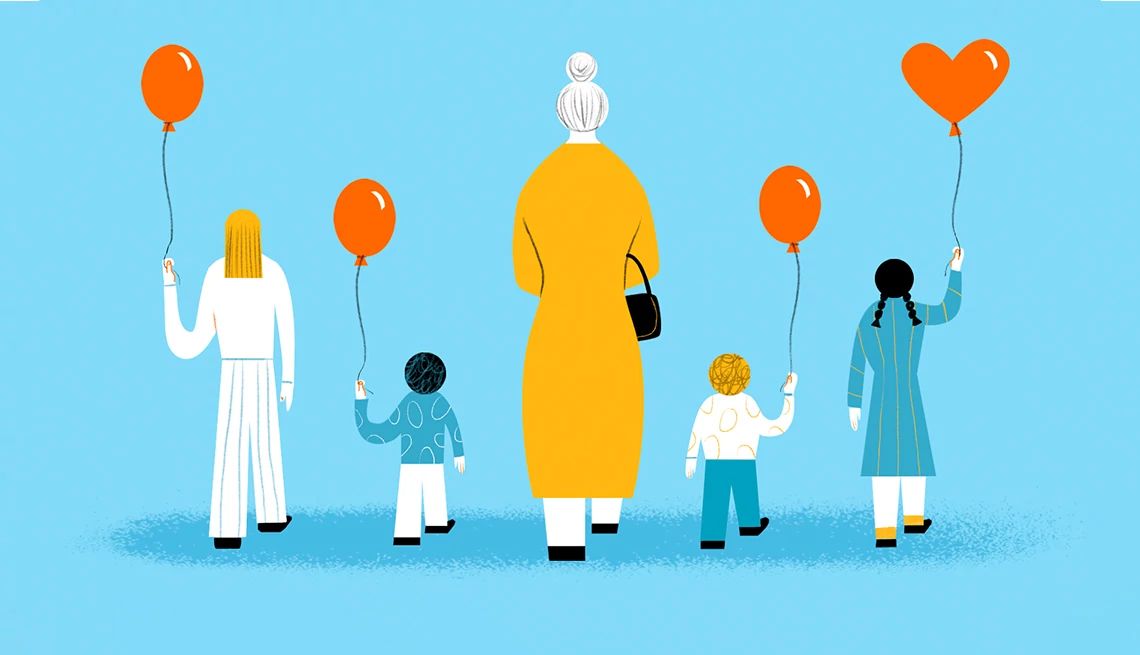
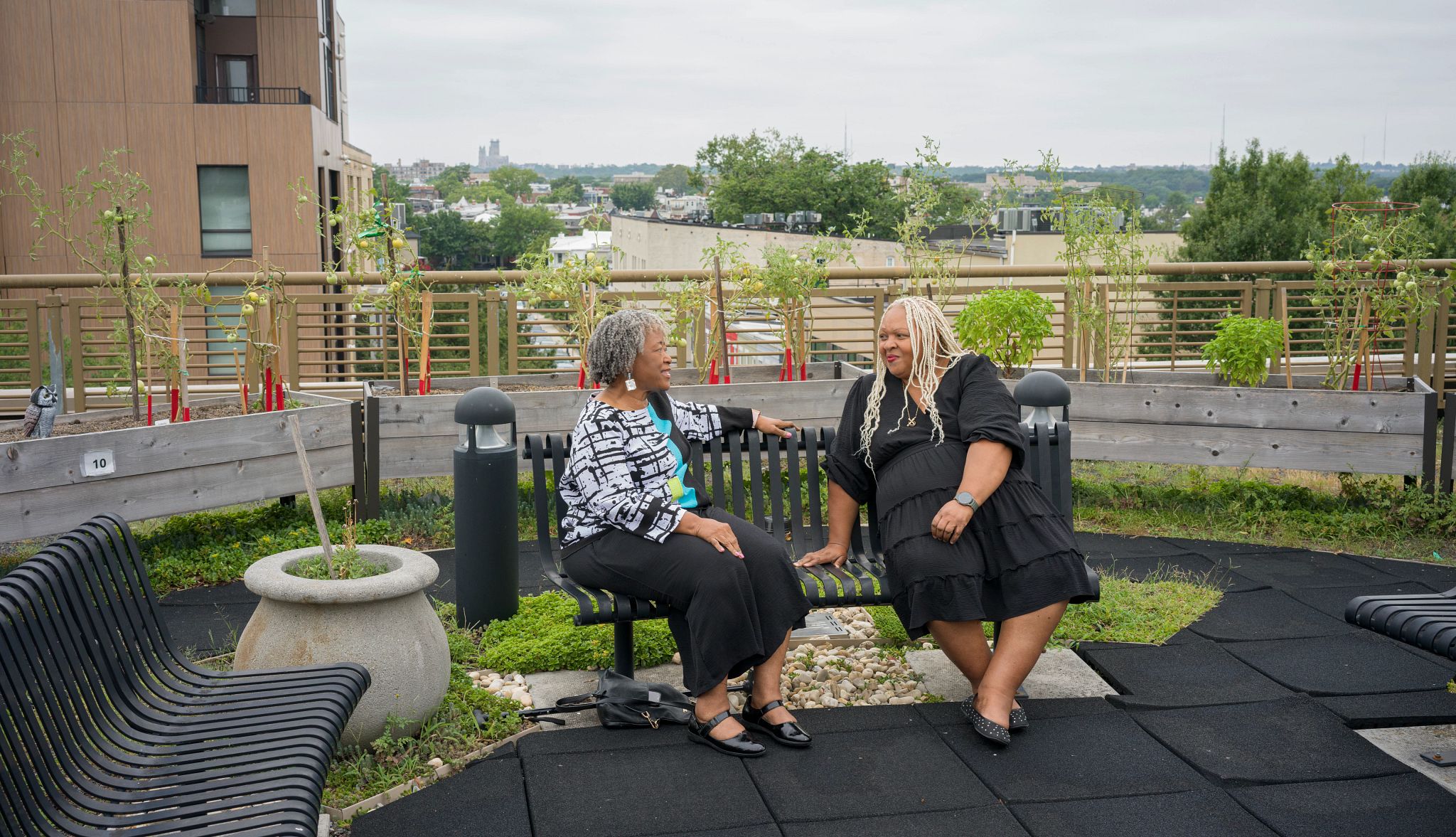
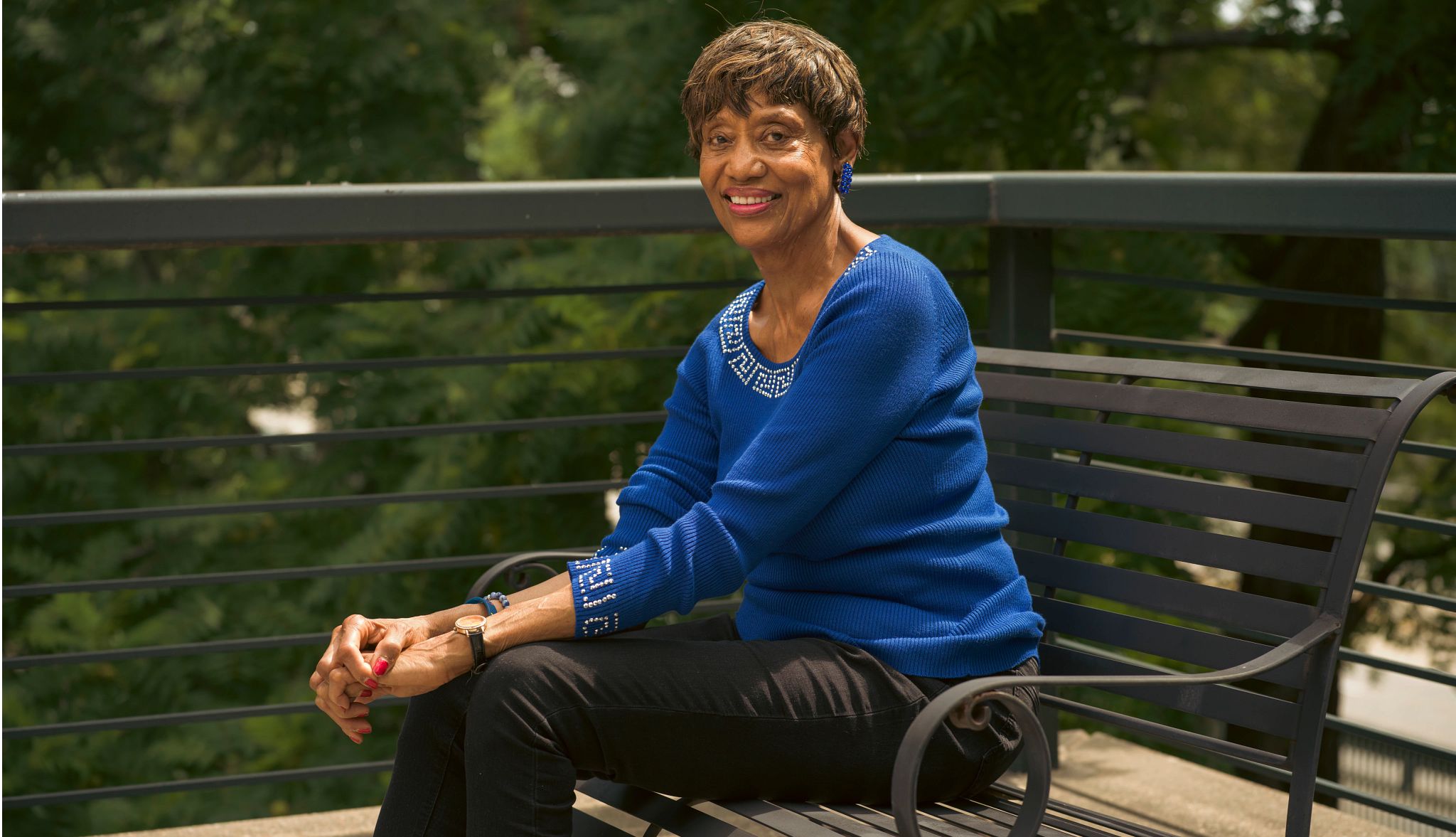


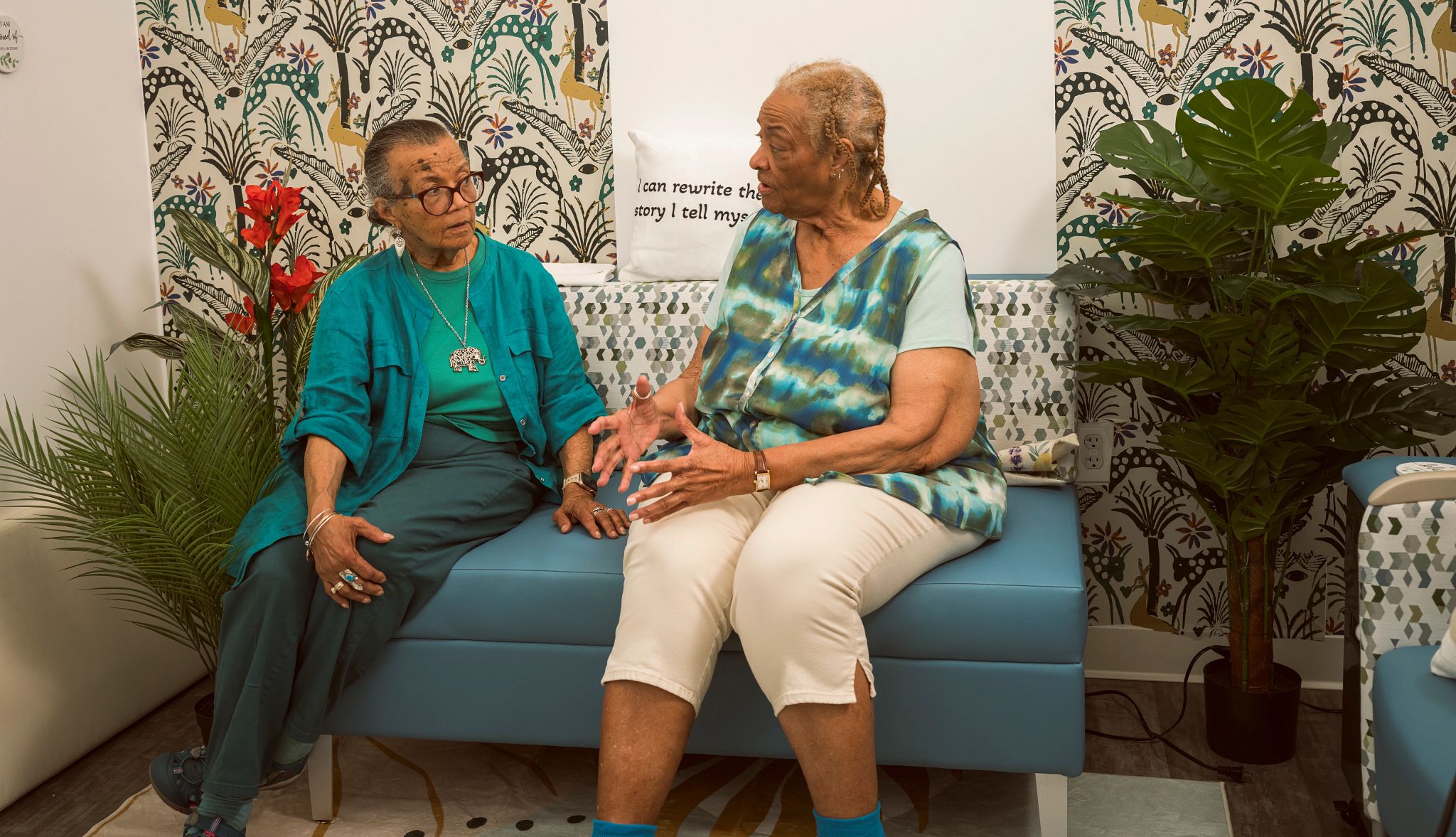

More From AARP
25 Great Ways to Connect With Your Grandkids
Seriously fun ideas for making memories across generations
Tips for New Grandparents: Online Safety
Navigate grandparenting with respect and online safetyHow to Spot Home Improvement Scams
Red flags include demands for cash up front and pressure to hire them immediately